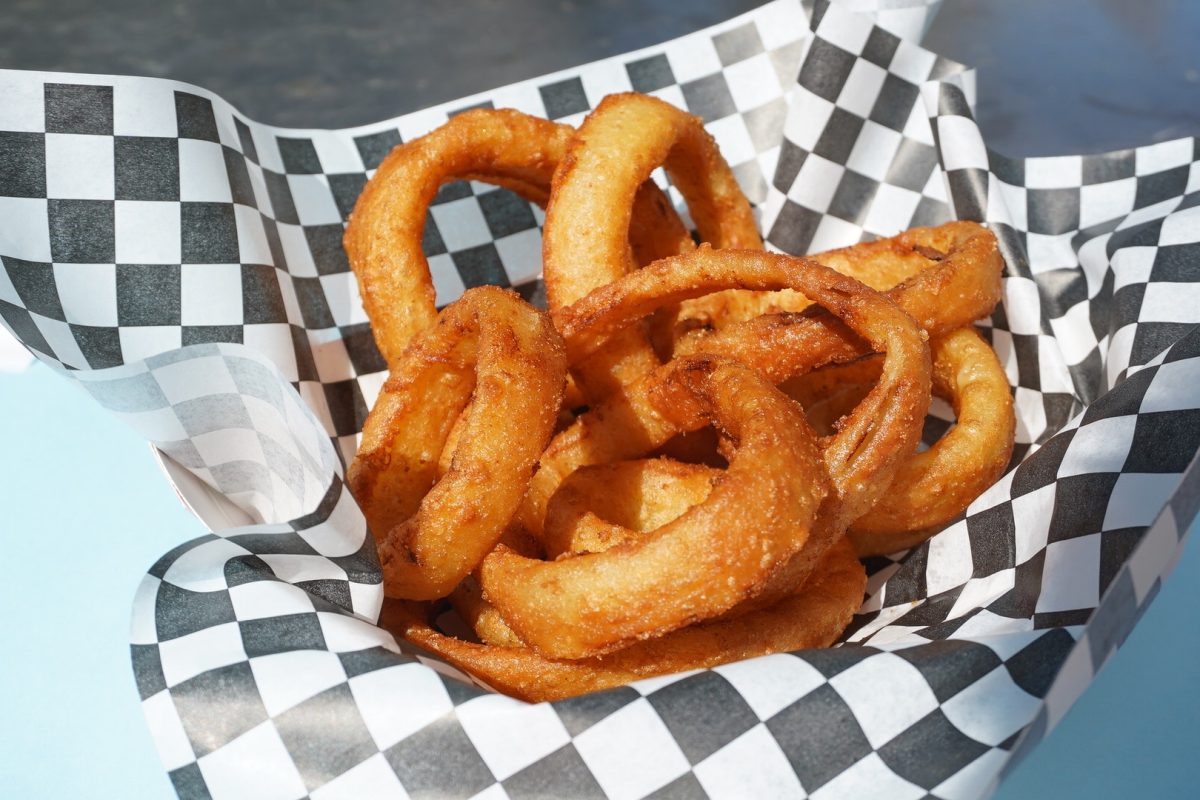The LGBTQ+ community may fly a rainbow flag, but if you don’t exactly fit into the L or G, things start to feel uncomfortably black and white.
Without a niche to call their own, people with beyond gay, lesbian and straight identities–also known as nonmonosexual–find themselves under attack from both the gay/lesbian and straight ends of the spectrum. Assumptions that must constantly be dispelled include “You just haven’t made up your mind yet,” “You’re just afraid to come out as gay,” “You’re greedy,” and “You’re promiscuous and can’t be trusted.” That’s a lot to deal with, especially for people still coming to terms with their identities in a vastly heterosexual world.
This stigma was my main worry when, my first year out of high school, I found myself smitten with a girl I met at my favorite cafe. Being attracted to a woman after years of being attracted to men wasn’t a big deal to me. What made it a big deal were the doubts and accusations I was sure to face if I decided to be open about how I felt.
To this day, I choose not to use a label, but there are a few ways one may identify in the realm of nonmonsexuality. Some labels, like bisexuality–meaning being attracted to people of both the same and opposite gender–are more familiar to the general public. But labels like queer, an umbrella term to describe anyone who falls outside gender normative sexuality, and pansexual, which means being attracted to people regardless of gender, are misunderstood by most.
People of nonmonosexual identities are often pressured to pick a side, but are then resented if they do. If they try to find a place in the gay community, they are not always accepted because they are seen as not queer enough. If they settle down with an opposite-sex partner, they are then seen as taking the easy way out.
I sometimes feel like I’m not allowed to call myself queer. When I did finally tell my friends about the girl from the cafe, one of my gay friends tried to justify my feelings by pointing out that the girl who had captured my interest had an androgynous look. While he didn’t mean to offend me, this was a perfect example of unconscious biphobia, characterized by a need to categorize people as either-or.
It isn’t easy trying to force oneself into one of two boxes when each box is small and restrictive. The gay and lesbian community may look upon nonmonosexuals disdainfully because they more readily have access to straight privilege, which means it’s easier to make your way in the world if you can present yourself as straight.
It is often less about privilege and more about convenience when nonmonsexuals gravitate toward the straight end of the spectrum. In the company of most of my friends, who are straight women, it’s easier to join in a conversation about an attractive male actor, and keep my opinions of his female co-star to myself. It’s easier for everyone if I avoid making the conversation awkward by voicing unshared opinions.
What the nonmonsexual community needs is its own niche. Bisexual support groups exist, but you’ll have to do some digging to find them. In my experience, if you can find a bi-specific group, they’re usually small and offer limited discussion. A more prominent, easily accessible space must be made available for bisexual, pansexual and queer identified people. General LGBTQ+ groups may provide an open space by welcoming anyone, but they often emphasize the relationship between gays, lesbians and straight allies.
A separate space is needed because there are many issues that specifically affect nonmonosexual identified people. While all queer identities face misunderstanding, one of the biggest issues for bisexuals is just being seen. According to a report by the San Francisco Human Rights Commission on bisexual invisibility, “(bisexual identity) erasure has serious consequences on bisexuals’ health, economic well-being and funding for bi organizations and programs.” Studies cited in the report have shown that bisexual identified people have a greater likelihood of suffering from depression and other anxiety disorders, and may be receiving incomplete health information from their health care providers.
Everyone deserves to be well-informed and comfortable with their identity and currently, there are not enough resources to make this so for the nonmonosexual community. My identity discomfort comes, not from within myself, but from the inescapable assumptions of society.
Discard those negative connotations of bisexual, pansexual and queer people. Help to create spaces that are accepting and understanding, rather than backhandedly insulting. These identities are just as legitimate as gay, lesbian and straight identities, and should be treated as such.







